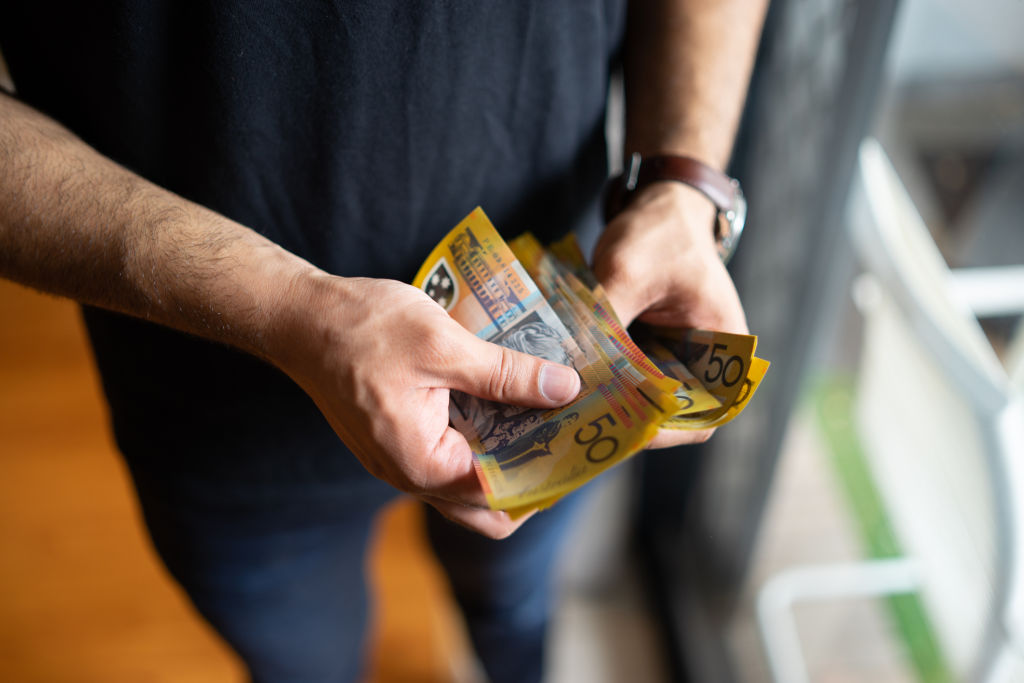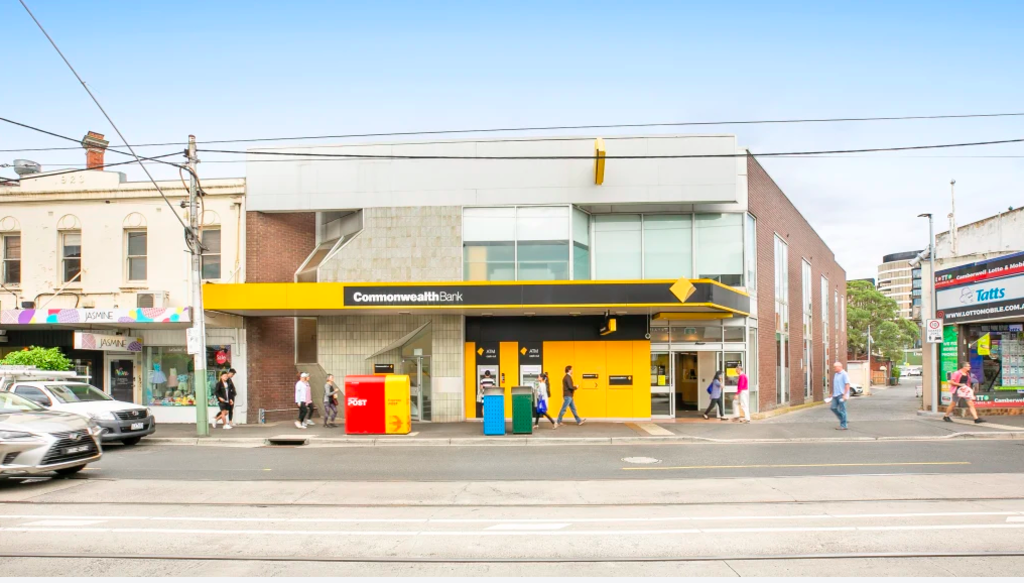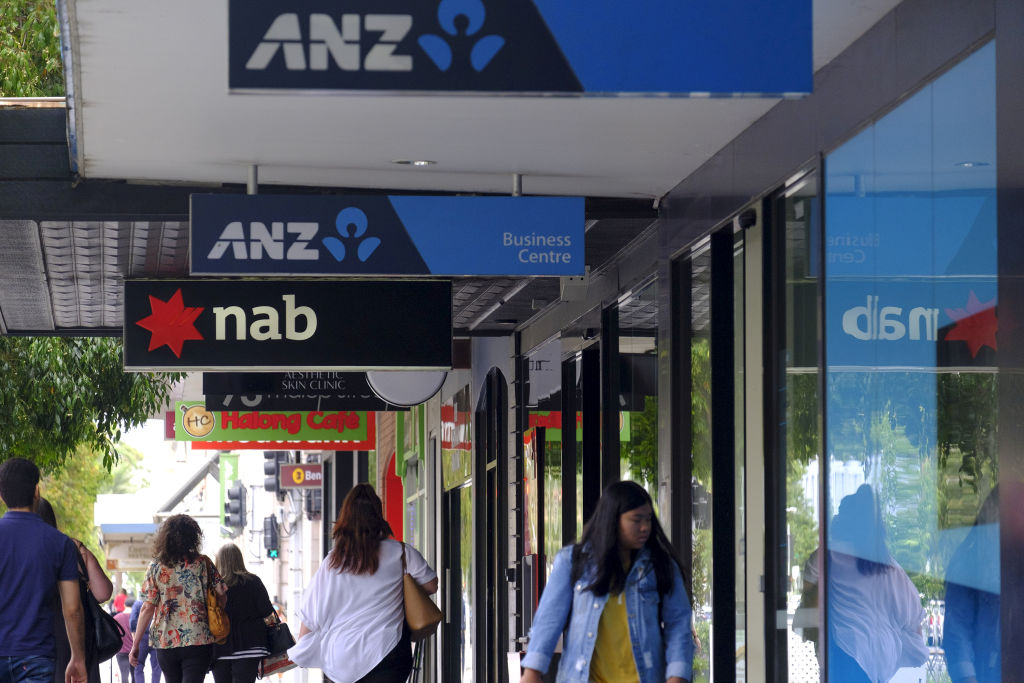The lenders giving mortgage holders up to $4000 cash back for refinancing

A bank handing you thousands in cash to refinance your home loan can sound like a sweet deal, but is it too good to be true?
A cash-back offer is a marketing incentive to entice consumers to switch to a provider’s product or service.
They are a great bonus, especially if you’re shaving down your repayments by refinancing to a lower interest rate. You can use the money for immediate purchases, or put it straight towards paying off your home loan.
Should you be wary of cash-back offers?
While the offer is attractive, it might not be worth signing up for a product solely for the cash-back offer, home loan specialist Jake Ziegler said.
“The fundamental aspects of the loan – the interest rates, the fees, the features of the loan – are still really important considerations,” he said. “It’s really important to consider the overall cost savings of the product before you make the decision.”
Home owners who are refinancing should prioritise reducing their home loan repayments with a lower interest rate, rather than switching lenders for the cash in hand.
“For example, a customer with a loan size of $400,000 or a loan term greater than 15 to 20 years – the total annual fees and the slight decrease in interest rates with a bank that doesn’t offer a cash-back offer will still mean you’re better in the long run in terms of interest savings and fees. Which means more money back in your pocket,” Ziegler said.
What’s the fine print?
Lenders change their cash-back offers quite regularly. Home owners may find that an offer expires in a few months and therefore they will need to move quickly.

“There’s usually a minimum loan size involved. The lowest I’ve seen is about $150,000 but for most banks it’s $250,000,” Ziegler said.
“You also need to meet their criteria for dates of submission and settlement.”
Some banks or lenders will allow you to claim the cash-back offer on more than one property, while others have a limit of one per customer.
Which providers are giving cash back to refinance?
Ziegler says he’s seen offers from $1000 to $4000 in market, but incentives don’t stop at cash.
“There are lenders that instead of offering cash back, they offer other sorts of discounts of fees or Lender’s Mortgage Insurance. Some lenders provide offers in the form of gift cards,” he said.
The big four banks have been slower than smaller lenders to offer cash-back incentives, but have come to the table as home loan products become increasingly competitive.
Commonwealth Bank is offering $2000 cash back with a minimum loan value of $250,000.
ANZ was recently offering $4000 cash back but reduced this in May to $3000 on loans of $250,000 or more. Loans between $150,000 and $250,000 are instead eligible for $1200.
NAB is the only bank of the four that currently does not have a cash-back offer.

Westpac, St George and Bank of Melbourne are all giving $2000 cash back for each property refinanced with them, with a minimum loan value of $250,000. BankSA is also offering $2000 cash back but with a loan value of at least $200,000.
Virgin Money is providing $2500 cash back but with a minimum home loan of $300,000 and a loan-to-value ratio (LVR) of at least 80 per cent.
Suncorp Group provides $3000 cash back for loans where the total refinanced amount exceeds $750,000 and the LVR is equal to or less than 90 per cent.
Alternatively, if your loan value is between $250,000 but less than $750,000 with an LVR of equal to or less than 90 per cent, the cash back offer from Suncorp Group is $2000.
Suncorp Group also has a cash-back offer exclusively for COVID-19 pandemic frontline workers. For example, those with an occupation in a medical field could be entitled to another $1000 cash back when refinancing with the bank.
If you refinance with Reduce Home Loans, you can receive up to $10,000 cash back depending on the size of your loan. For a loan value of between $250,000 and $1 million, the cash back offer is $2000.
Consulting a home loan specialist can help sift through all the offers available at the time from over 35 lenders. The specialist will be able to weigh up whether the cash-back offer is worth it, taking into consideration the fees and interest rate of the home loan.
We recommend
States
Capital Cities
Capital Cities - Rentals
Popular Areas
Allhomes
More







